
Exciting new series on “Voice, Body and Movement for Lawyers – How to connect with the jury and find Justice Through Dramatic Technique!”
Click here to find out more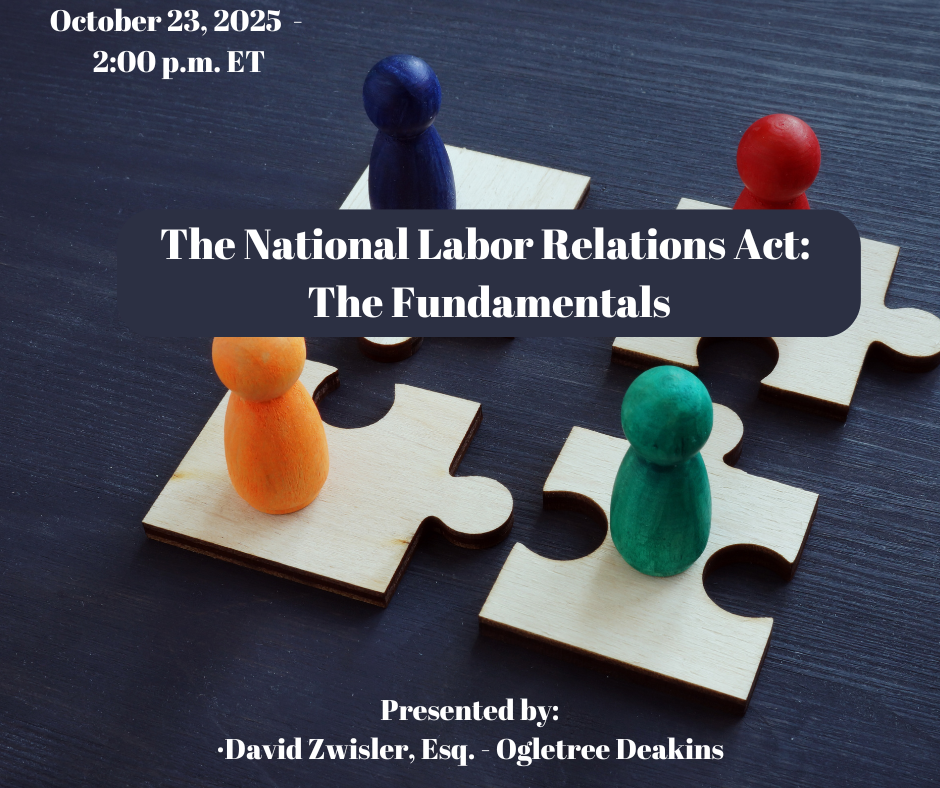
Passed in 1935, the National Labor Relations Act (NLRA) provides rights and protections to almost all of the private sector workforce. The NLRA does not just apply to unionized workforces. Employees without a union are also protected. The interpretation of the law is constantly evolving. Understanding the foundations of the NLRA, the basics of the Act, how the National Labor Relation Board functions, and how unfair labor practice charges and union organizing petitions are processed is essential. Because this is not a static area of the law, being aware of the recent changes is critical. Among other things, the NLRA has significant impacts noncompete agreements, settlement and severance agreements, and handbook policies. The process by which unions are certified is also in flux. Individuals who practice in the area of employment law should be aware of NLRA’s broad reaching scope. This session will provide those fundamentals.
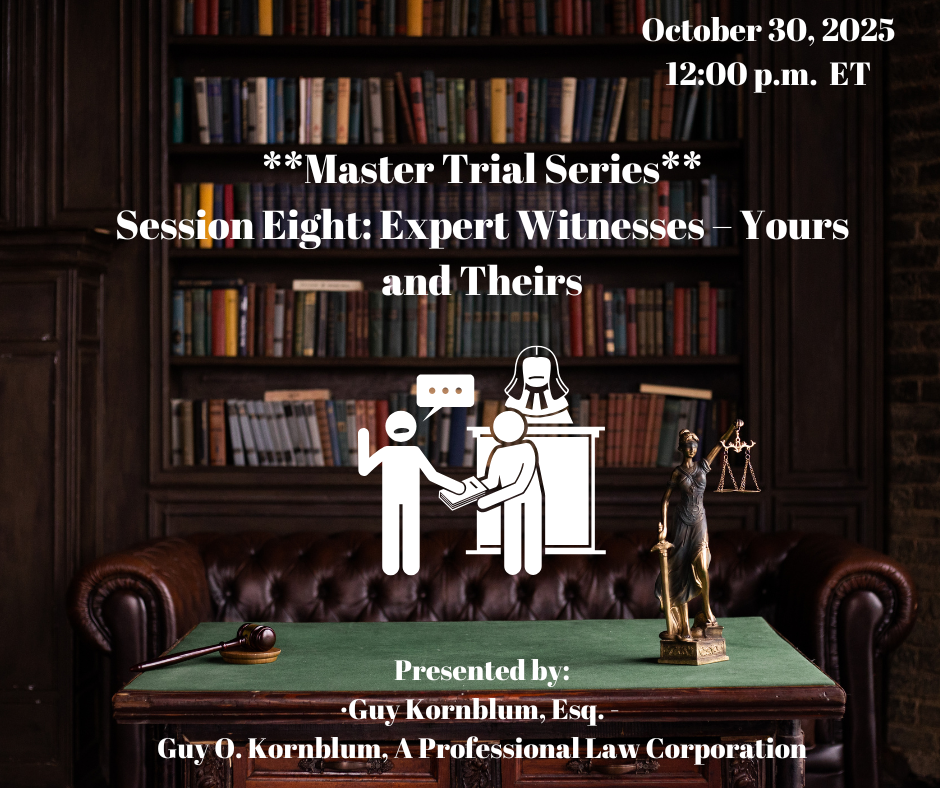
Session 8 of 10 - Mr. Kornblum, a highly experienced trial and litigation lawyer for over 50 years, ...
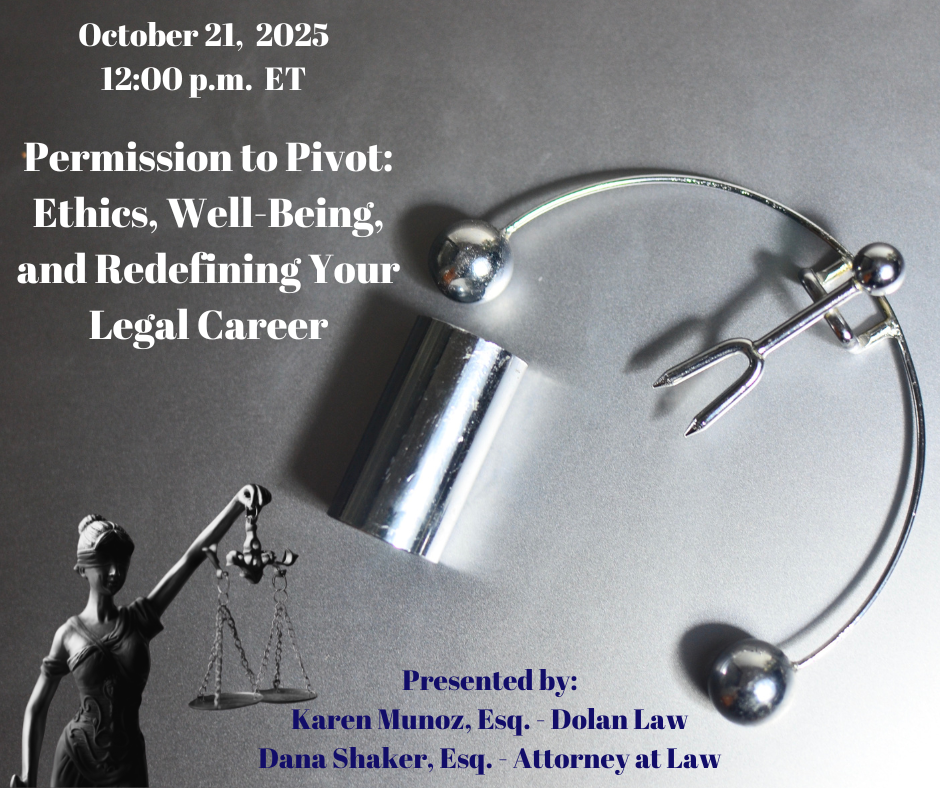
Permission to Pivot: Ethics, Well-Being, and Redefining Your Legal Career examines the intersection ...
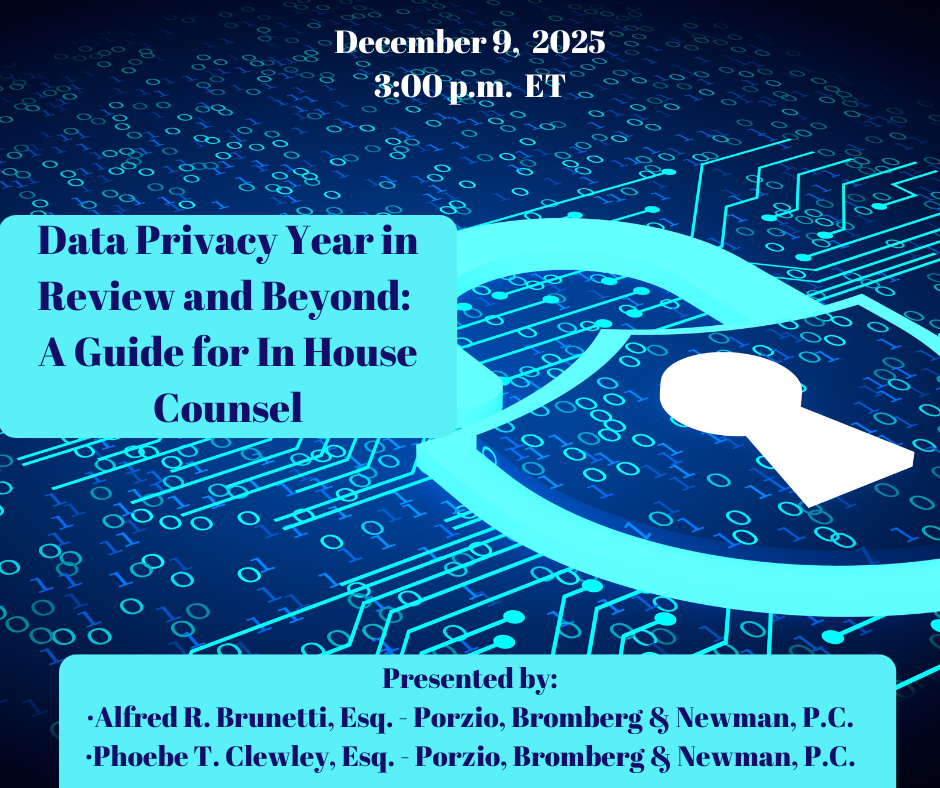
In today’s fast-evolving digital landscape, data privacy is no longer just a compliance checkb...
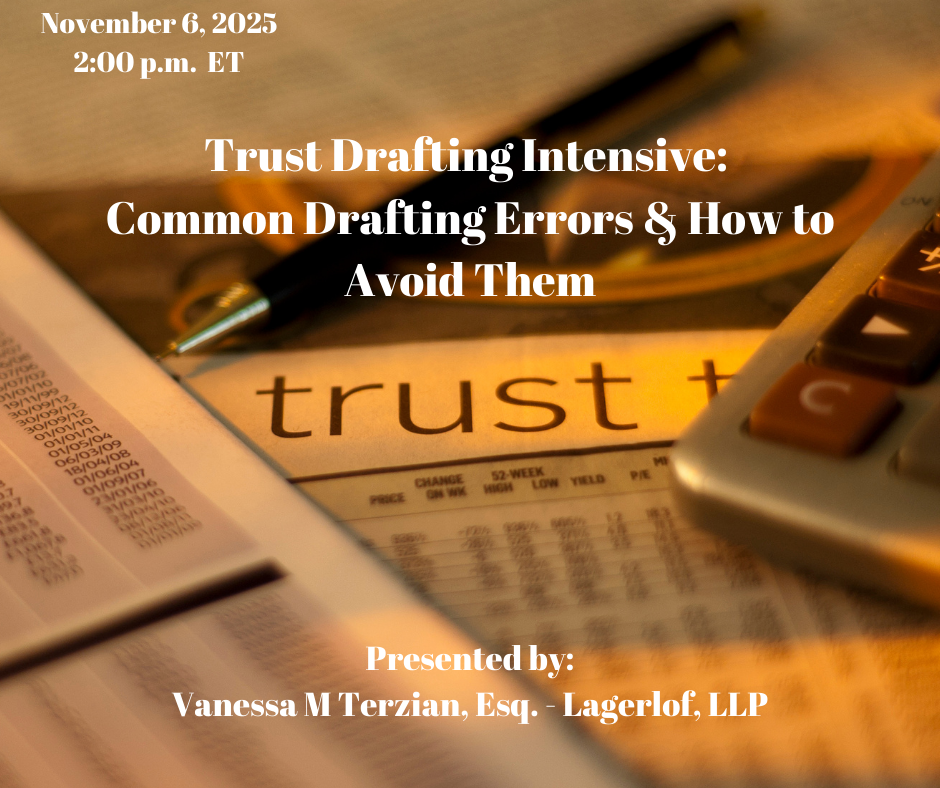
In this presentation, Vanessa Terzian uses examples from actual client documents to demonstrate comm...
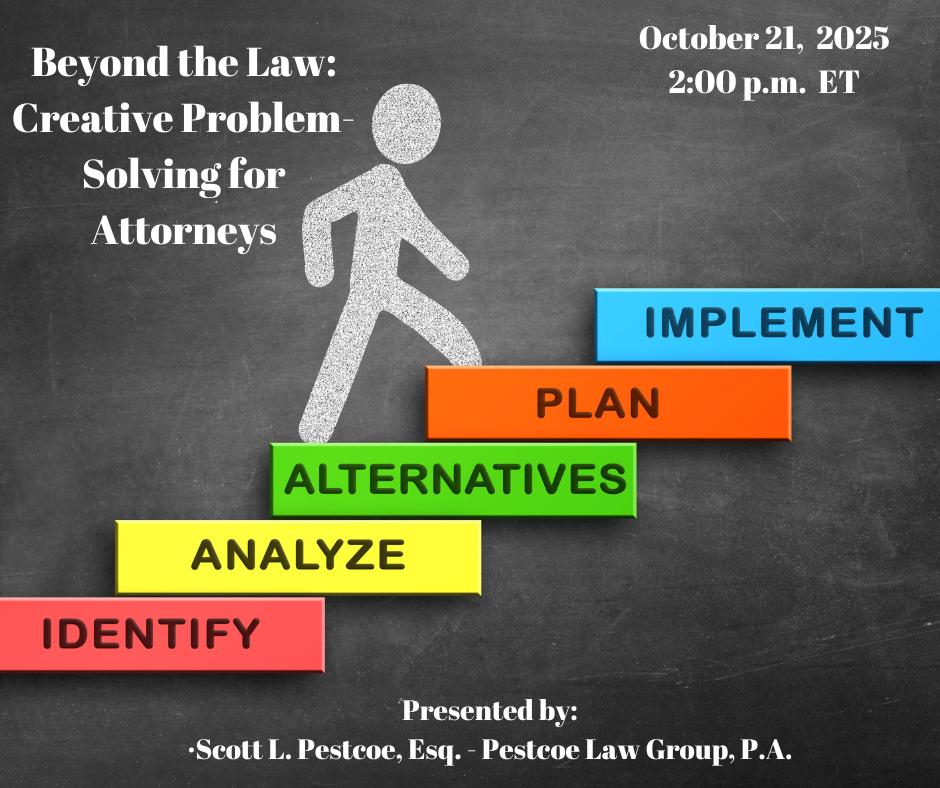
In the fast-paced, ever-evolving legal landscape, lawyers must go beyond traditional litigation and ...
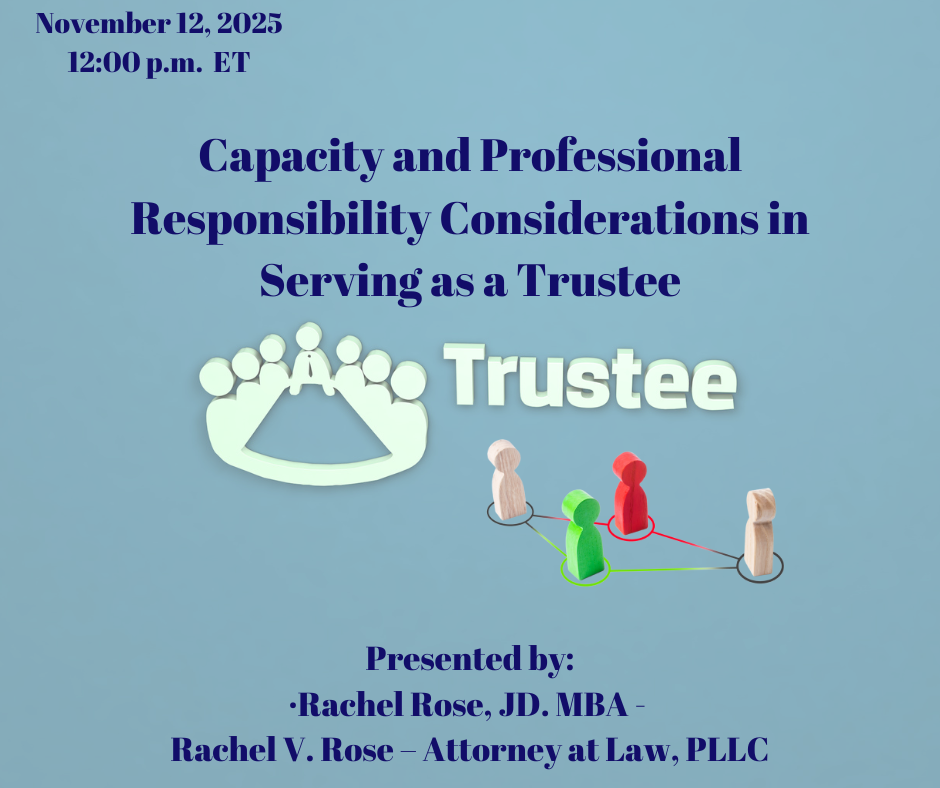
Decision making capacity and professional responsibility should be at the top of every attorney's li...
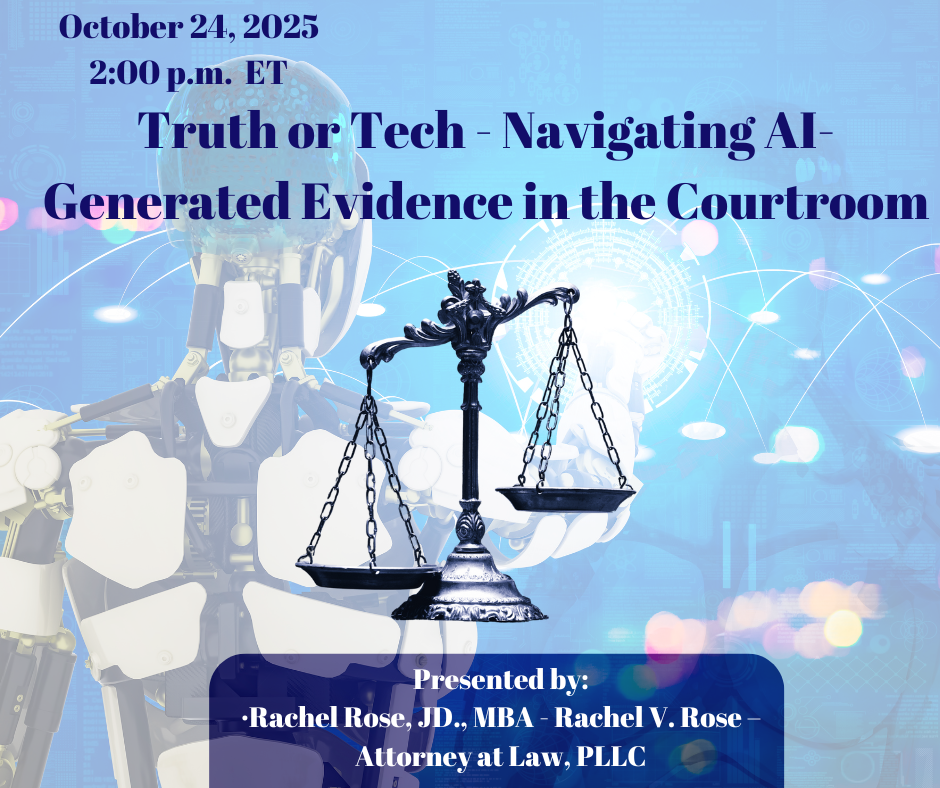
As technology advances, the manipulation of digital content has become more sophisticated and access...
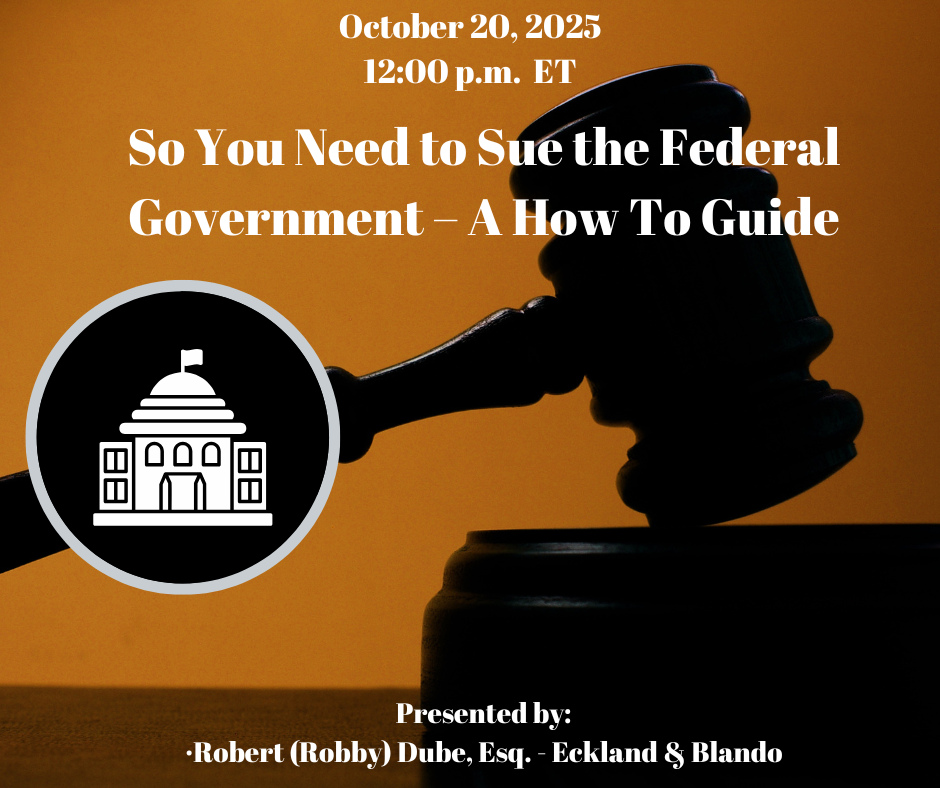
This program will explain the nuts and bolts of pursuing common claims against the federal governmen...
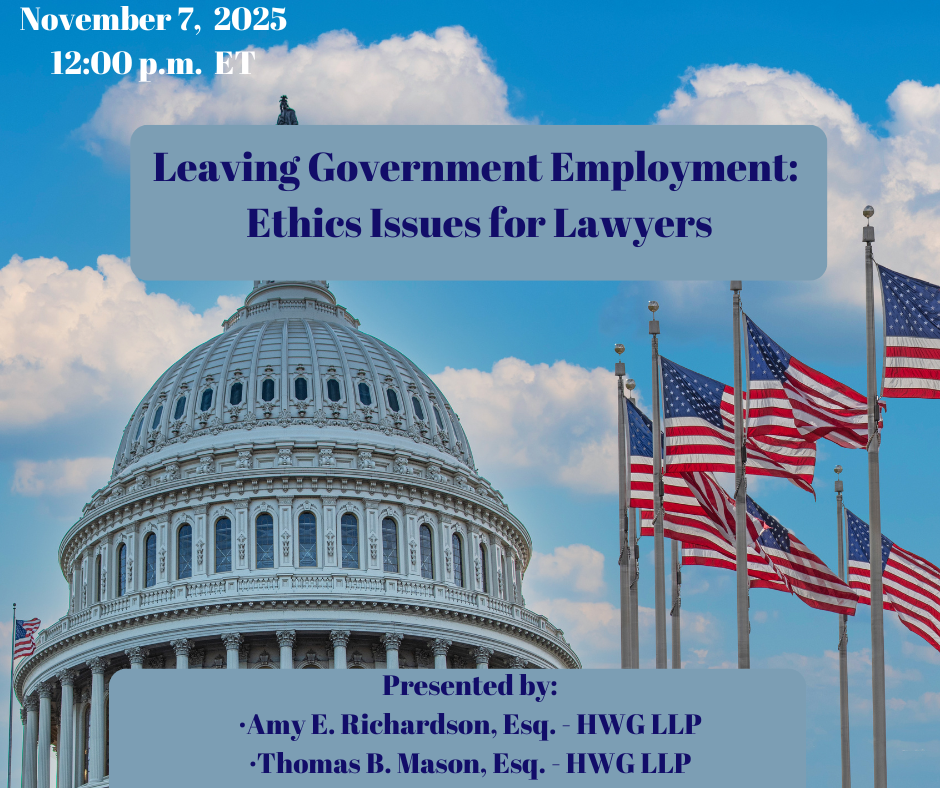
Leaving federal government employment for the private or nonprofit sector raises important ethics is...

Session 9 of 10 - Mr. Kornblum, a highly experienced trial and litigation lawyer for over 50 years, ...